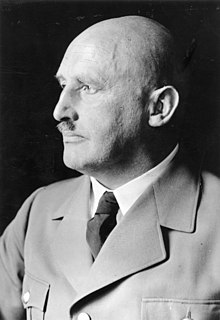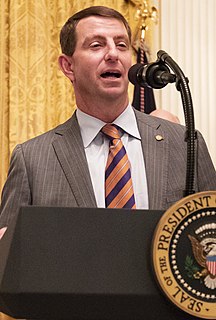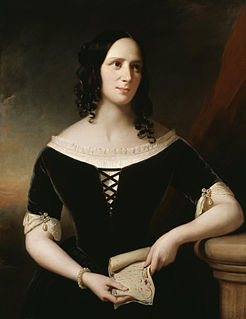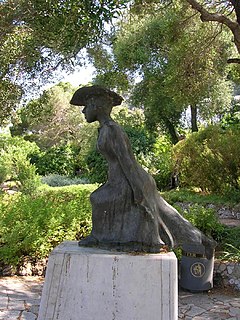A Quote by Nate Silver
The Protestant Reformation had a lot to do with the printing press, where Martin Luther's theses were reproduced about 250,000 times. And so you had widespread dissemination of ideas that hadn't circulated in the mainstream before.
Related Quotes
The anniversary of the Montgomery boycott was being celebrated, and the handbill that was out, and all whatever literature that was circulated, didn't say practically anything about movement or what the movement stood for, what it had done, or anything, but was simply adulation of the leader, you know, [Martin Luther] King.
The thing that would probably surprise most people was that Dr. Martin Luther King was a very reluctant leader. He felt very shocked at times that he had been chosen for this path, but he also understood that he was chosen for this path. He had several moments of acute doubt as to if he was up for the task - when people were injured in the protests he took it very personally, let alone when they were killed.
The God in whose hands are all our days and ways, did cast into my hand (one day) a book of Martin Luther's ; it was his Comment on the Galatians! ... I found my condition in his experience so largely and profoundly handled, as if his book had been written out of my heart ... I do prefer this book of Martin Luther upon the Galatians, excepting the Holy Bible, before all the books that ever I have seen, as most fit for a wounded conscience.
Both instruments are processors of information. Both appeared when nothing quite like them had existed before, and both began to make their effects felt immediately (a situation that isn't invariable with new technology). Both devices were less the result of a single breakthrough than of an evolving set of technologies. Like the computer, the printing press had no one certain inventor; it was a technology whose time had come.
We talk about how hard it is now. But if we look back at the '60s, we actually had a president that was assassinated. We had riots, we had Vietnam, Martin Luther King, Malcolm X, the FBI, and the Black Panther war. There was so much happening at the time where it felt like America was coming apart at the seams.
[Pope Francis] most recent trip was to Sweden, where he commemorated the 500th anniversary of the Protestant Reformation. That had triggered one of the biggest splits in Christianity and decades of religious wars. He went so far as to praise Luther, who was once considered a heretic in the church, as a great reformer. So what he's been doing with other Christian churches is trying to heal past wounds and work together toward a shared view of their history.





































